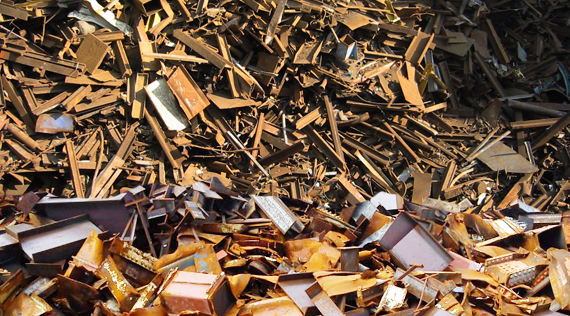
SEATTLE (Scrap Monster): Japanese Tokyo Steel has decided to cut scrap purchase prices on all grades of scrap. This is the third such cut announced over the week. The muted demand situation has resulted in drastic fall in domestic scrap prices in the country.
The prices at Utsunomiya plant in the Kanto region were lowered by ¥1,500/t, whereas those at the Tahara plant in the Chubu area saw reduction of ¥1,000-1,500/t. The scrap purchase prices at all other plants witnessed a cut of ¥500/t. The H2 scraps are currently delivered at Utsunomiya and Tahara at ¥20,500/t and ¥20,000/t respectively. The company has lowered the prices by ¥3,500/t and ¥2,500/t over the previous week, the press release said.
ALSO READ:
Tight supply and rising demand lifts ferrous scrap export prices
MoF: Japan's steel scrap exports top 800.000 tons for second consecutive month
The Tokyo Bay prices of H2 scrap now stand at ¥21,000-22,000/t, significantly down when matched with the prices of ¥23,500-24,000/t at the end of the previous week. The latest price reduction by Tokyo Steel may lead to further decline in dockside prices, sources said.
The lack of availability of materials for delivery with domestic suppliers in the Kanto region may lead to increased collection of new material, which in turn may result in stable or higher scrap prices. However, scrap prices in west Japan region are likely to remain under pressure due to significantly higher scrap availability than demand. Incidentally, many steel mills in the region, which use scrap as feedstock, have reduced capacities to up to 50%, in response to falling demand.
| Copper Scrap View All | |
| Alternator | 0.31 (0) |
| #1 Copper Bare Bright | 3.65 (0.02) |
| Aluminum Scrap View All | |
| 356 Aluminum Wheels (Clean) | 0.71 (-0.01) |
| 6061 Extrusions | 0.62 (-0.01) |
| Steel Scrap View All | |
| #1 Bundle | 475.00 (0) |
| #1 Busheling | 495.00 (0) |
| Electronics Scrap View All | |